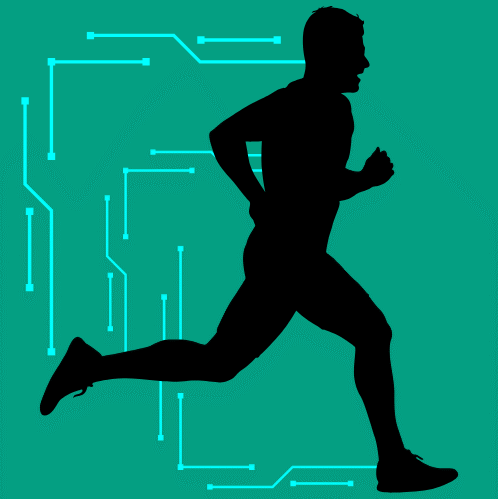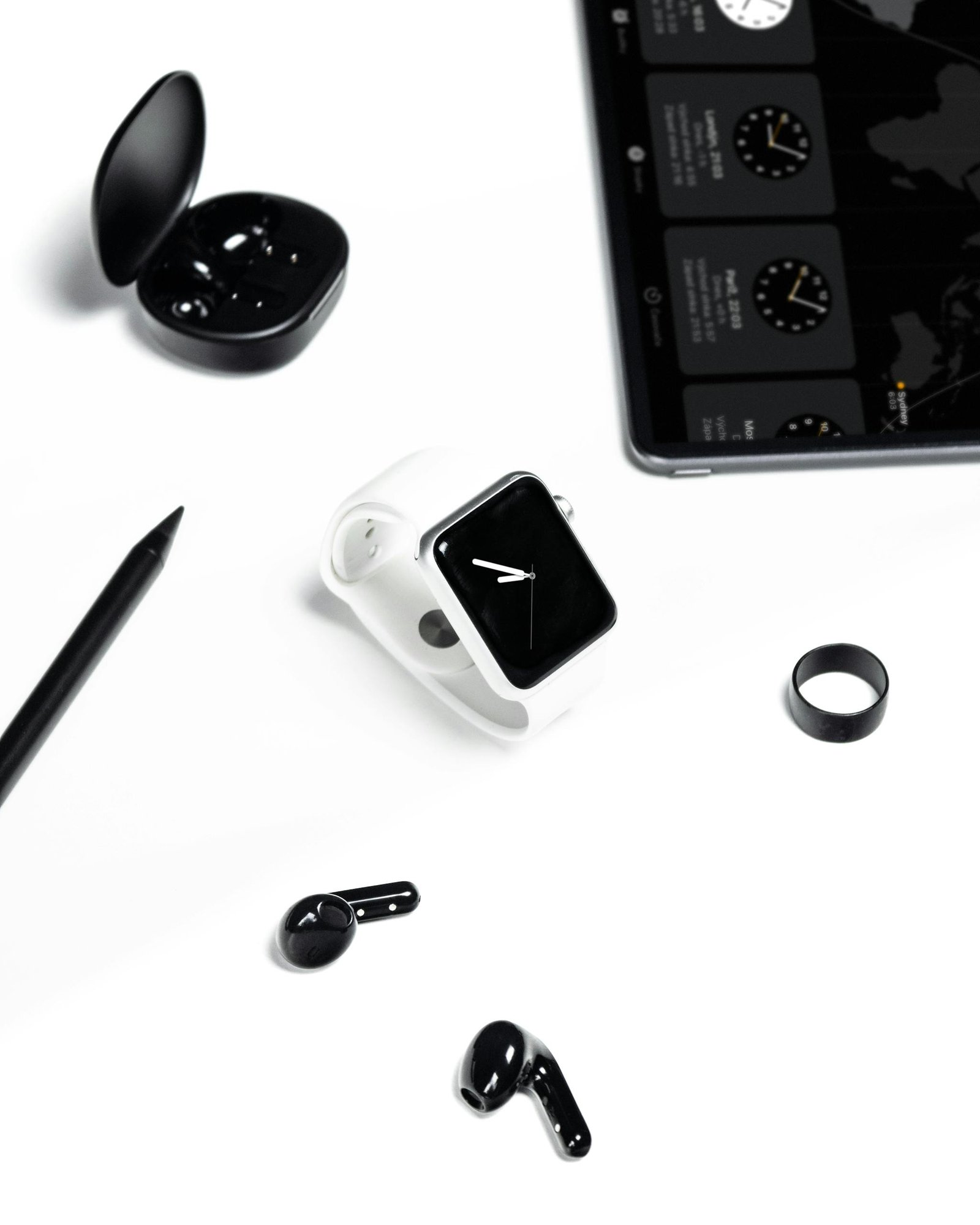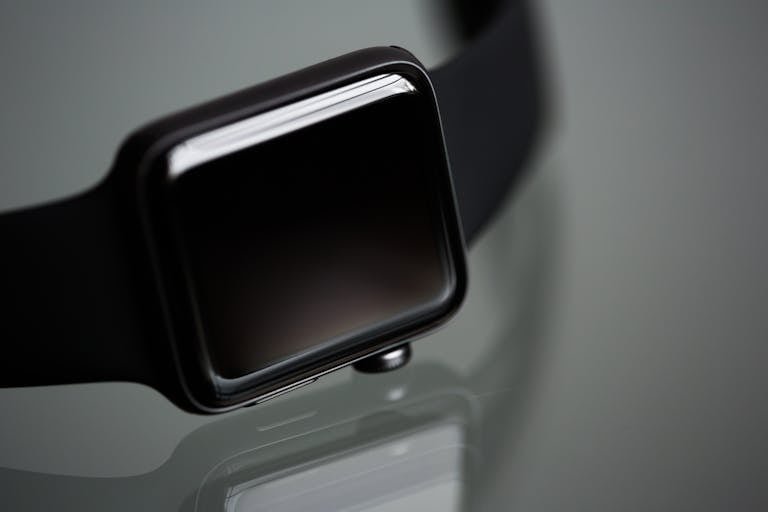Are Smart Rings the Next Big Thing in Wearable Tech?
Are Smart Rings the Next Big Thing in Wearable Tech?
When most people think of wearable tech, smartwatches and fitness trackers come to mind. But a new trend is quietly making waves — smart rings. These sleek, discreet devices promise to pack powerful features into something that looks just like jewelry. The question is: are smart rings the next big thing in wearable technology?
What Are Smart Rings?
Smart rings are lightweight, finger-worn wearables designed to track health, fitness, and even digital security. They often measure:
- Sleep quality and recovery
- Heart rate and heart rate variability (HRV)
- Blood oxygen (SpO2)
- Activity levels and calories burned
- Stress and readiness scores
Some models also double as payment devices, digital keys, or authentication tools for smartphones and computers.
Why Smart Rings Are Gaining Popularity
- Discreet design that blends into everyday fashion
- Comfort and convenience without bulky straps
- Focused features, especially for health and recovery
- Battery life lasting 4–7 days, beating most smartwatches
- Expanding innovation like payments and authentication
Top Smart Ring Brands to Watch
- Oura Ring (Gen 3) – Industry leader in sleep and recovery tracking
- RingConn Smart Ring – Long battery life, accurate health data
- Ultrahuman Ring Air – Combines metabolism, fitness, and recovery insights
- McLEAR RingPay – Specializes in contactless payments
- Movano Evie Ring – Focused on women’s health
Comparison Table: Top 5 Smart Rings
| Smart Ring | Price Range | Battery Life | Key Features | Best For |
|---|---|---|---|---|
| Oura Ring (Gen 3) | $299+ | 4–7 days | Advanced sleep + recovery tracking | Sleep and wellness seekers |
| RingConn Smart Ring | $259 | 5–7 days | Stress, recovery, activity tracking | Everyday users wanting balance |
| Ultrahuman Ring Air | $349 | 4–6 days | Metabolism insights + HRV tracking | Fitness & biohacking enthusiasts |
| McLEAR RingPay | $199 | 3–5 days | Contactless payments | Minimalists replacing wallets |
| Movano Evie Ring | $269 | 4–6 days | Women’s health, cycle tracking, recovery | Female health focus |
Pros & Cons of Smart Rings
Pros
- Sleek and discreet design
- Accurate sleep and HRV tracking
- Longer battery life than most smartwatches
- Comfortable for 24/7 wear
- Growing variety of features (health, payments, authentication)
Cons
- No display or notifications like a smartwatch
- Smaller ecosystem of apps and features
- High upfront cost ($200–$350)
- Still niche compared to watches and trackers
Use-Case Scenarios
- For Athletes: Smart rings like the Ultrahuman Ring Air help track recovery, HRV, and sleep, providing actionable insights for training.
- For Sleep Seekers: Oura Ring is widely considered the best-in-class for detailed sleep analysis.
- For Minimalists: McLEAR RingPay allows payments without needing a bulky smartwatch or wallet.
- For Women’s Health: The Movano Evie Ring is tailored for cycle tracking, recovery, and overall wellness.
Buying Guide: What to Consider Before Buying a Smart Ring
- Comfort and sizing: Rings must fit properly. Many brands offer sizing kits before purchase.
- Health features: Decide if you want basic tracking (steps, sleep) or advanced metrics (HRV, SpO2, readiness scores).
- App quality: A strong companion app is essential for making sense of your health data.
- Extra features: Some rings offer payments, two-factor authentication, or stress management tools.
- Price: Smart rings often cost the same as mid-range smartwatches. Decide if you want discreet functionality or more all-in-one features.
Market Trends: Why Smart Rings Could Take Off
Smart rings are still niche today, but momentum is building. Industry rumors suggest that Samsung and Apple are developing their own smart rings, which could propel the category into the mainstream.
As health, payments, and security merge into smaller devices, smart rings may transition from early-adopter gadgets into everyday accessories — much like how smartwatches evolved over the last decade.
FAQs
Q: Are smart rings better than smartwatches?
Not better, just different. Rings are discreet and great for sleep and recovery tracking, but they lack notifications and apps.
Q: How accurate are smart rings?
Top brands like Oura and Ultrahuman are considered reliable for sleep and HRV data, though they’re not medical devices.
Q: Are smart rings waterproof?
Yes, most are water-resistant and safe for handwashing, showers, and even swimming. Always check each brand’s rating.
Q: Do smart rings work with both iPhone and Android?
Yes, major brands support both operating systems via companion apps.
Q: Can smart rings detect medical issues like sleep apnea?
Some can provide indicators through SpO2 and sleep metrics, but they’re not substitutes for medical tests.
Q: Are smart rings good for seniors?
Yes, especially for sleep monitoring and recovery, though seniors may prefer watches with larger displays for alerts.
Q: Which smart ring is best for women?
The Movano Evie Ring was designed specifically for women’s health and is a top choice.
Smart Rings Gain Momentum
Smart rings may not replace smartwatches just yet, but they’re gaining momentum as one of the most exciting innovations in wearable tech. With their discreet design, focus on sleep and recovery, and growing features like payments and digital security, they could very well become the next big thing.
Share Your Thoughts
Would you wear a smart ring instead of a smartwatch? Share your opinion in the comments — your insights could help others decide whether to make the switch.



